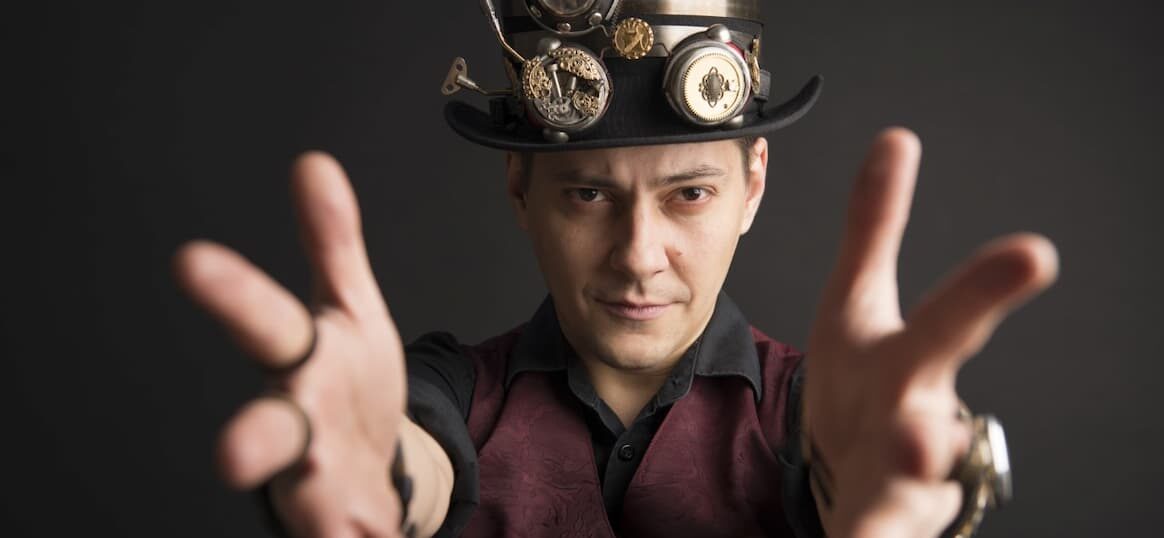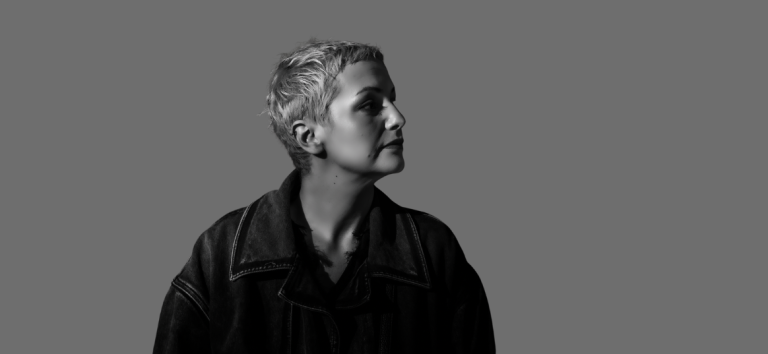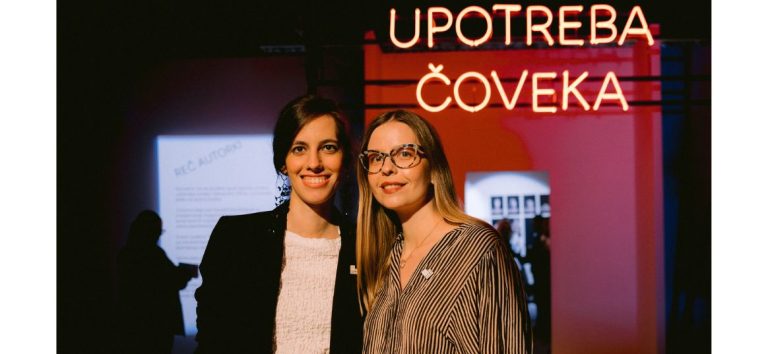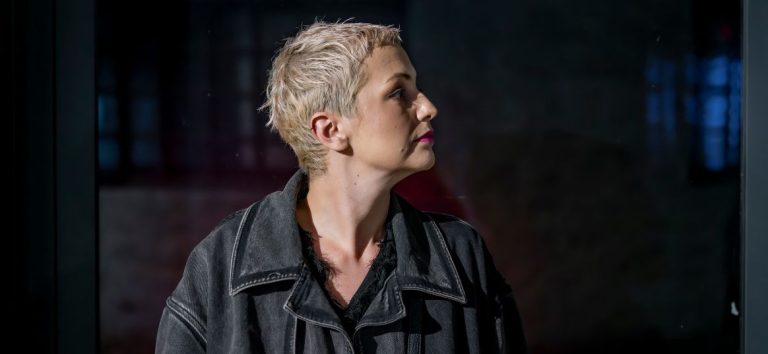How do we imagine schools of the future? It seems that Novi Sad has the answer, because artists now teach there! European Capital of Culture has recognized the importance of teaching young artists, and through the programme unit Schools of the Future offered young people the knowledge of experienced artists-lecturers. One of those who will give new answers and visions to younger colleagues is the writer and rapper Marko Šelić Marčelo. We talked to him about his participation in the Youth Singer-Songwriter Festival, which is being held in the European Capital of Culture, and within which the famous rapper will hold a concert in Dom Kulture on 8 April at 10 p.m.
How much space do songwriters get on the music scene and how much attention is paid to them?
Marčelo: When we talk about this festival, we talk about new authors and that’s where the trouble arises – there are more or less older authors, but when we talk about how to get someone new to the audience, I think that’s the problem of the situation. All competitions in the big media are designed so that people come to compete in imitating or interpreting something that already exists. There aren’t many competitions where people can come and say with copyright music – this is actually me, this is not my interpretation of someone else, this is what I do. Festivals like this are important because it’s an opportunity for young people to see where they are in relation to their peers, to compare to that, but not necessarily in terms of who’s better than to feel they’re not alone, and on the other hand to play live, to feel the joy of the backstage and to be heard by the audience. There is little insight into the new scene, and this (Youth Singer-Songwriter Festival) should be a contribution to that.
How important is it for young authors to get the opportunity to show what they have done and to express themselves? How important was that to you when you started your career?
Marčelo: It is crucial for a number of people. We are now talking about someone switching (from copyright music) to covers or commercial music, and we are not talking about the third category of people, those who completely give up because of the impression that no one cares, because of the impression that you have no one to show it to.
Festivals like the Youth Singer-Songwriter Festival are trying to change this impression, to give people the opportunity not only to play what they want and for someone to hear it, but also to feel better about it and to feel that someone is interested in it. How was it when we started? It was the same, you want a stage because in the studio you can try a billion times to make it turn out the way you want, but a live gig is a live gig. Unfortunately, popular music is not so much a live performance, there are an incredible number of playbacks, even at concerts for thousands of people they play the final product. I don’t think that’s good. It is not only killing concert culture, but also the idea of what a concert is in general. When people start, and even later, they are thirsty for that and they should be given that. This is a small, and I hope not too small, contribution to their wish to implement in something.
How do new generations of songwriters seem to you?
Marčelo: New generations seem great to me, and that is the tragedy of the whole story, because we don’t know about them. If I hadn’t been invited to be a member of the jury, I wouldn’t have heard those people. I would have no signpost to hear them. This gives us a nice hope that there are actually an incredible number of quality people, we just need to dig to reach them. Without that experience, you could think that they don’t exist – people tend to think that everything is autotune, that everyone who is twenty imagines themselves as an autotune and nothing more. That is a general impression,
and stories like this convince you that it is not true. Certainly, some people are interested in a wide range of genres that lean towards artistic expression.
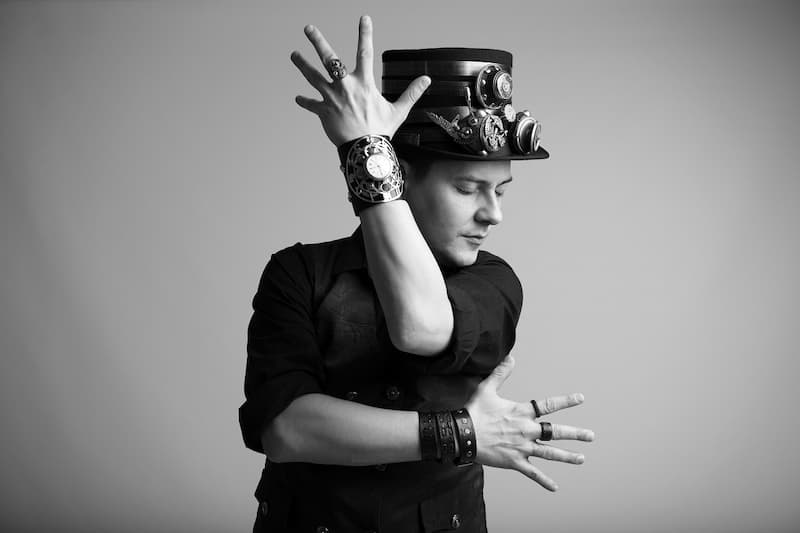
What does the Youth Singer-Songwriter Festival mean for a young audience that may not listen to that kind of music, but wants to hear something new?
Marčelo: People like to justify the current situation in culture with the phrase ‘the masses want it’, and there is a sentence with Cervantes in Don Quixote – the fault does not lie with the public that insists upon nonsense, but with those who don’t know how to produce something else. It is true that people find it easier to accept content that is prone to banality, because it does not require any prior knowledge to be understood. We are overwhelmed by it. The ideal situation is to give up, but we must not give up because, if people in the field of culture get the courage to present other content – there is hope for us. I am aware that it is of interest to the minority, but if it stops offering that content, it will not expand to something a little wider than the minority. I am not crazy about the idea that culture can win, because it has not won so far. That doesn’t mean that it should be on the margins – there is a scale between ‘we won’ and ‘here we are on the margins and we are about to fall into the abyss’. If you give your best, it may happen that someone else is interested.
What do events like this mean for a European Capital of Culture?
Marčelo: I would like them to mean a lot. I cannot answer from my position what it will mean to other people, but I can say that we will do our best to be good and that gives me the right to have hope that it will mean something to people. The intentions are good and we will spare no efforts.
Authors: Mateja Ninković and Petar Vučković
Photo: Ana Kašćela

